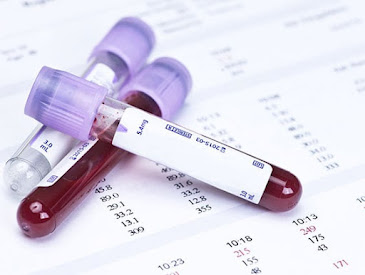When Does The Need Of Hematologist Arises?
Hematologists are inner medication specialists or pediatricians who have additional preparation in messes identified with your blood, bone marrow, and lymphatic framework. They're experts who might work in medical clinics, blood donation centers, or facilities. Hematologists who practice in labs are called hematopathologists. They're prepared in pathology, a part of medication that looks at body tissues and blood with magnifying lenses or tests.
You’ll most likely be referred to one by your primary care doctor. Reasons include if you have or might have:
- Anemia, or low red blood cells
- Deep vein thrombosis (blood clots)
- Leukemia, lymphoma, or multiple myeloma (cancers in your bone marrow, lymph nodes, or white blood cells)
- Sepsis, a dangerous reaction to an infection
- Hemophilia, a genetic blood clotting disorder
- Sickle cell disease, which involves faulty red blood cells
Hematologists spend a lot of time checking your blood. But they don’t just diagnose illnesses. They also do treatments, such as transfusing blood.
- Complete blood count. This common test helps your doctor diagnose or monitor your disease. Blood drawn from your vein or finger is checked by hematologists for the levels and characteristics of all three types of blood cells, including platelets.
- Prothrombin time. This and a similar test called partial thromboplastin time look for bleeding or clotting disorders. They also check how well your medications and treatments are working.




Comments
Post a Comment